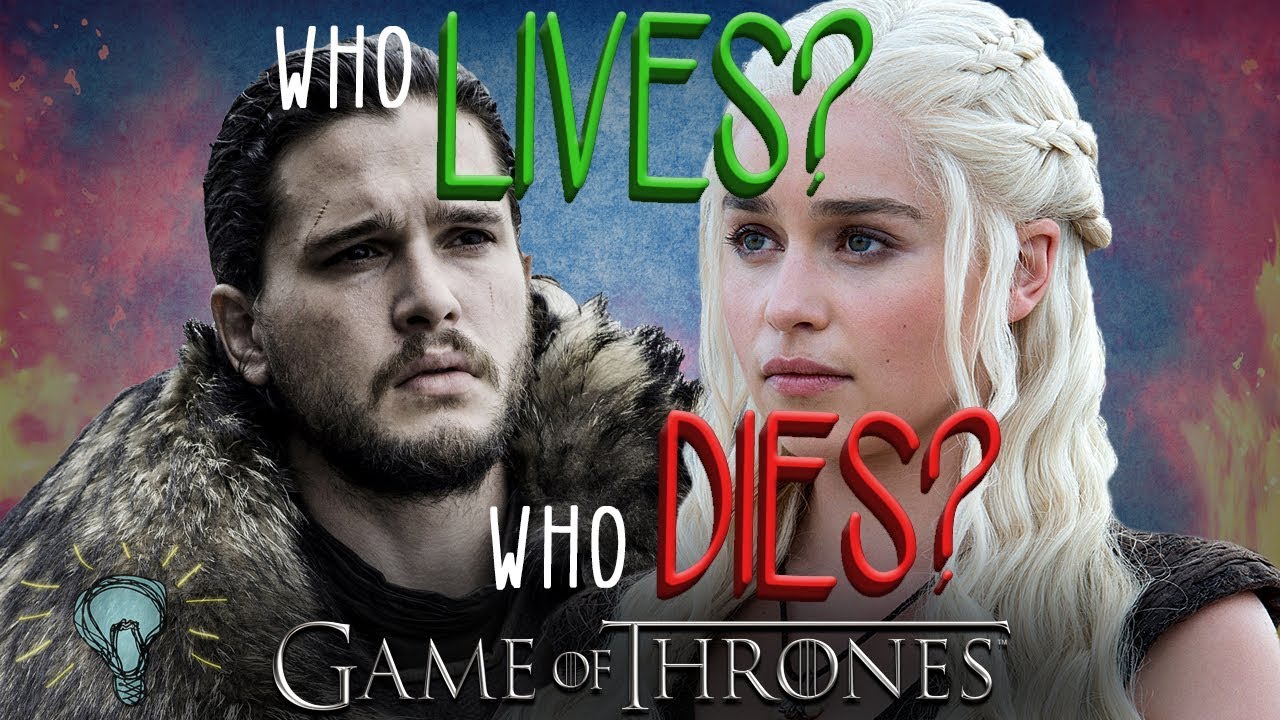Hello, everyone!
I’m new here, as you might be able to tell, and just discovered Dramatica the beginning of last week when my English Lit professor went through different story structures with us in class.
Ever since, I’ve been reading the theory book and going through Melanie’s Youtube series on Dramatica but I figured the best way to learn how the theory is applied is to compare it to actual stories.
Right?
So, I picked my favourite TV show (and everyone else’s) Game of Thrones, took notes on character traits, goals and the Throughlines.
Something that Dramatica showcased for me that I never really considered before: the fact that character viewpoints embody sides of an argument, as in a philosophical argument (and that led me down a rabbit hole).
One side problem solving whilst the other is seen as justifying at the end of the story, the subjective side serving as the argument whilst the objective side embody the scenario, the stage in which the argument can be acted out.
After a few episodes I quickly got overwhelmed, there was just so much to keep track of and it felt that some parts weren’t connecting together. So I figured; let’s have a look around and see if anyone else have tried to crack this before.
I figured that the first thing to do was try to determine what Martin’s essential argument was, what did he really argue for and against in the story.
A lot of what came up was the comparisons between War of the Roses and other historical parallels, cinematography techniques, character’s use of logos, ethos and pathos in strengthening their point of view, building scene structure and such things. Interesting, sure, but not what I was looking for.
But then I stumbled upon this video and thought I found what I had been looking for.
What do you think?

